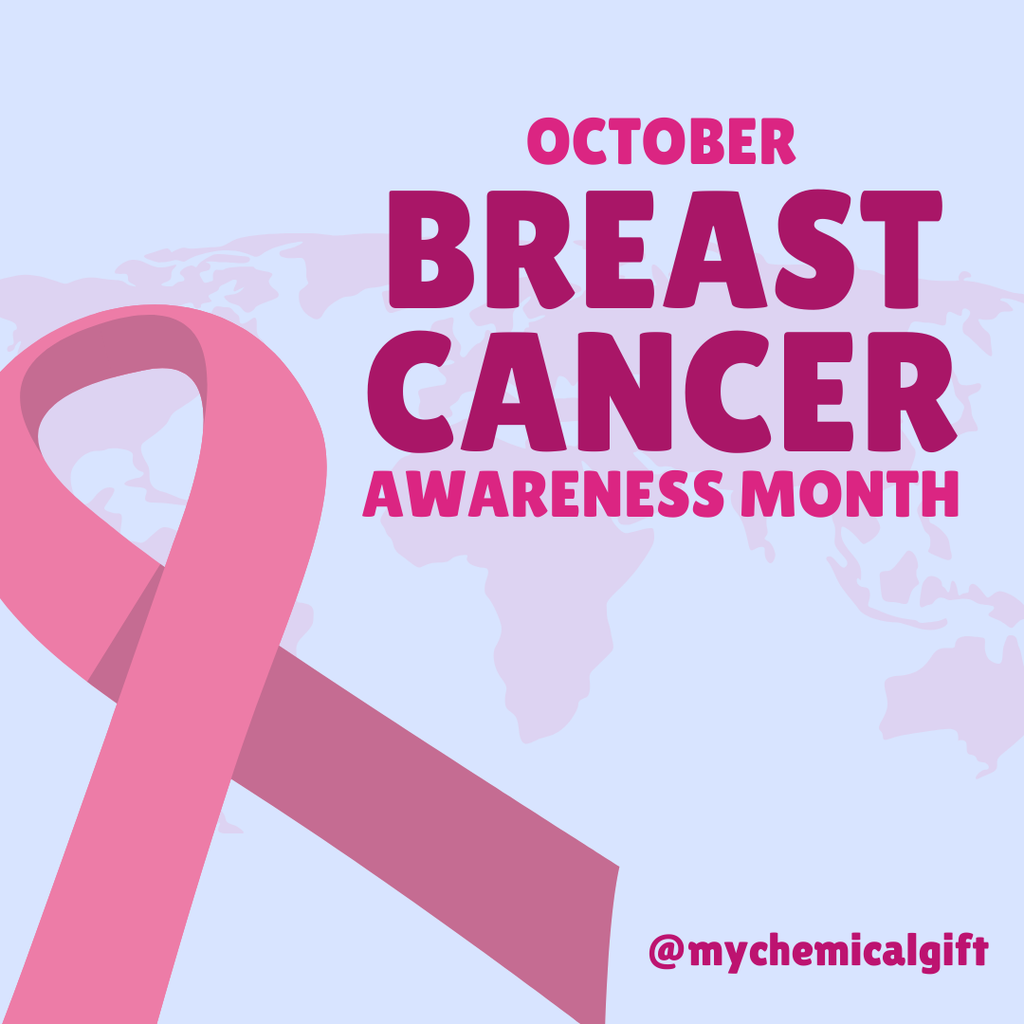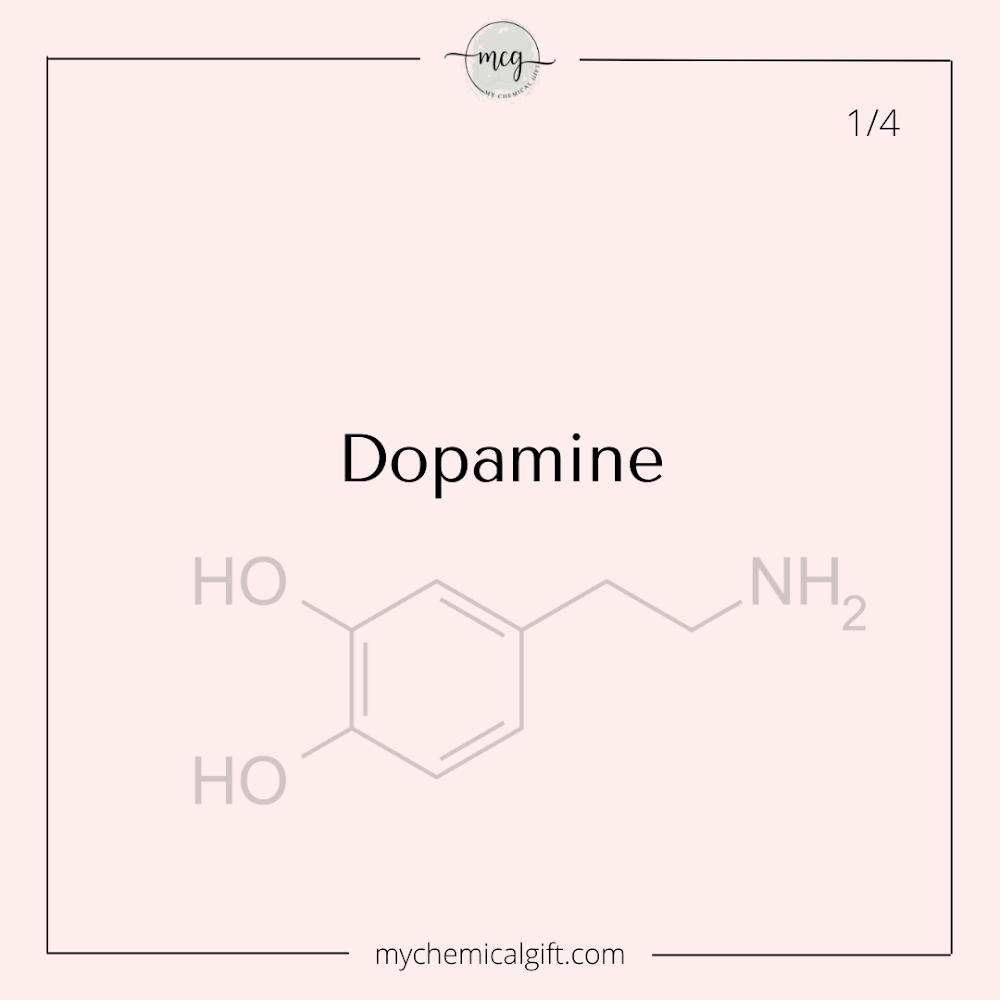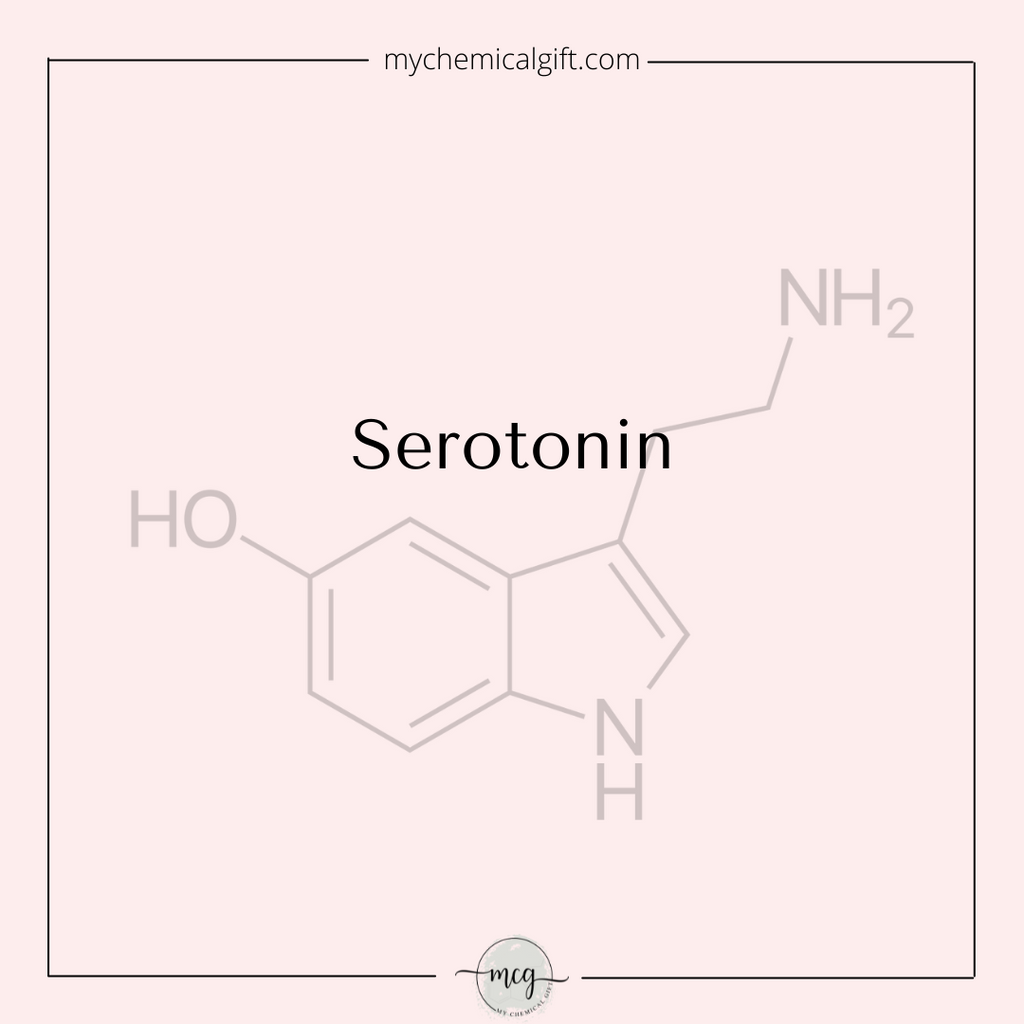News

Breast cancer awareness month
Did you know?
- There are around 56,000 new cases of breast cancer in women every year in the UK; that's over 150 new cases every day, and is the most common cancer in women.
- The UK has an estimated 1 in 7 lifetime risk of developing breast cancer.
- In 2021 85% of breast cancers were diagnosed at stage 1 or 2 (early stages), meaning that treatments and cure is more likely to be successful.
- Breast cancer mortality rates have been declining and are projected to fall by 13% between 2023 and 2040.
How to reduce the Risk:
Breast cancer is multifactorial and some breast cancers are genetic, so it is important to know if you are at increased risk from your family history (and check your breasts more regularly or discuss with your doctor).
Modifiable risk factors include:
- Reducing alcohol intake - drinking alcohol increases the risk of breast cancer in women, and drinking alcohol excessively in men increases the risk.
- Maintaining a healthy weight - obesity increases the risk by around 30%. This is because fat tissue produces excess amounts of oestrogen and high oestrogen levels are associated with breast, endometrial and ovarian cancers.
- Keeping active - regular exercise can reduce the risk of breast cancer by up to 20%
Remember:
To check your breasts regularly - https://self-checkout.coppafeel.org
If you notice any changes or concerns report it to a healthcare professional immediately.
You can also sign up to breastcanceruk.org.uk to send you a reminder text monthly to check your breasts!
* 10% of all profits from October 2024 will be donated to breastcanceruk charity.
See Products:
https://mychemicalgift.com/collections/all

All you need to know about dopamine!
Dopamine is an interesting molecule.. if you want to know why, continue reading!
Dopamine is a neurotransmitter - a chemical messenger, sending signals throughout our nervous system and brain. It plays an important role in memory, movement, feelings of pleasure, reward and motivation, behaviour and cognition.
Dopamine is produced by our adrenal glands, which sit just above our kidneys. The adrenal glands produce a number of other neurotransmitters.
First we will discuss the role of dopamine in reward-motivation behaviour. Dopamine is the chemical that is released when we do something pleasurable, like eating, having fun, sex, earning money; you name it. A surge of dopamine is released which makes us feel good, and further crave that action. This surge of dopamine also leads to an increase in alertness and motivation. This is also the pathway that can lead to addiction of certain drugs, gambling, binge eating, as we crave more once the dopamine is released.
As I have also mentioned it is an important chemical for our memory, movement and cognition. There are certain diseases that can arise from a lack or malfunction of dopamine pathways, such as Parkinson’s disease. Some of the symptoms that relate to a lack of dopamine are tremor, muscle slowness and stiffness, decline in thinking and problem solving, difficulty with coordination and balance.
It therefore makes sense that medications that increase the level of dopamine in the brain are used to treat Parkinson’s disease, such as levodopa. Unfortunately these medications can have side effects including changes in behaviour, abnormal movements and addiction.
Another area where dopamine is used medically is in ADHD. ADHD medications affect the dopamine pathways to increase concentration and focus.
Some more interesting facts!
- Dopamine levels decrease by up to 50% with increasing age
- Exercise, good quality sleep and reducing stress can help increase dopamine levels.
Whilst writing this blog I came across a movie on Netflix called ‘Awakenings’ which I watched, without knowing what it is about. It is actually very relevant to the effects of dopamine in the body! What a coincidence! If you haven’t already seen it then I definitely recommend.
See products:
https://mychemicalgift.com/collections/necklaces/products/gold-dopamine-molecule-necklace
https://mychemicalgift.com/collections/necklaces/products/silver-dopamine-molecule-necklace

All you need to know about serotonin!
Serotonin is a neurotransmitter, a chemical that transmits messages around the body. This is a molecule that transmits messages between neurons.
It has a wide range of roles within the body, including affects on our appetite, our sleep cycle, temperature regulation, memory, and as many people know - our mood. Serotonin is one of the most important chemicals in regulating our mood and happiness. Low levels of this chemical have been associated with depression.
Depression is a complex disease, and there are a number of factors including genetic and environmental factors that increase the risk of a person developing depression. Researchers have found that some people who have suffered with depression have a smaller hippocampus (a part of the brain that contains serotonin receptors) than people who have not.
Unfortunately we have no way of measuring serotonin levels in the brain. We can measure serotonin levels in the blood but it is not known whether serotonin levels in the blood stream reflect the levels in the brain. It is also not clear whether depression causes serotonin levels to drop or whether low serotonin levels lead to depression! What came first the chicken or the egg...
A common type of antidepressant medication is serotonin re-uptake inhibitors (SSRIs) - i.e. they block (inhibit) the reabsorption (re-uptake) of serotonin, meaning higher levels of serotonin remain in the central nervous system. Antidepressant medications have much better outcomes when given alongside psychotherapy, and we already know that the chemical is not the only factor implicated in depression.
How can I increase serotonin levels naturally?
- Regular exercise has been proven to increase mood.
- Sunshine has also been proven to reduce depression and increase serotonin levels
- Certain foods containing tryptophan, although this is a bit trickier because our bodies don’t convert this into serotonin very efficiently!
See products:
https://mychemicalgift.com/collections/necklaces/products/silver-serotonin-molecule-necklace-1
https://mychemicalgift.com/collections/necklaces/products/gold-serotonin-molecule-necklace-1
https://mychemicalgift.com/collections/earrings/products/silver-serotonin-molecule-stud-earrings
https://mychemicalgift.com/collections/earrings/products/gold-serotonin-molecule-earrings

References:
https://www.health.harvard.edu/mind-and-mood/serotonin-the-natural-mood-booster
https://www.healthline.com/health/healthy-sleep/foods-that-could-boost-your-serotonin
https://qbi.uq.edu.au/brain/brain-physiology/what-are-neurotransmitters

